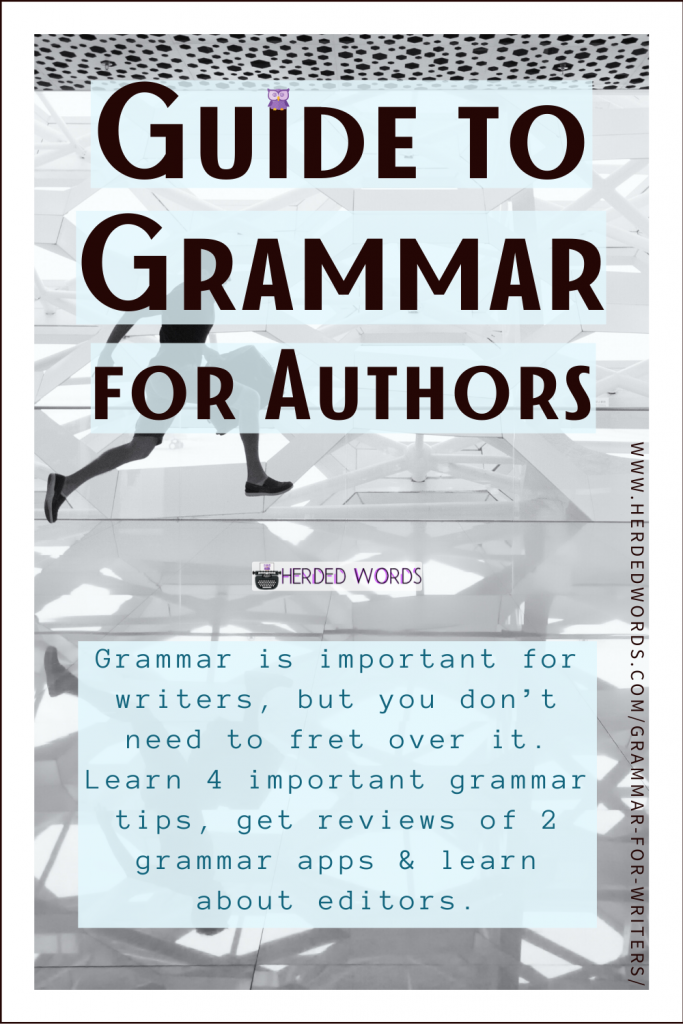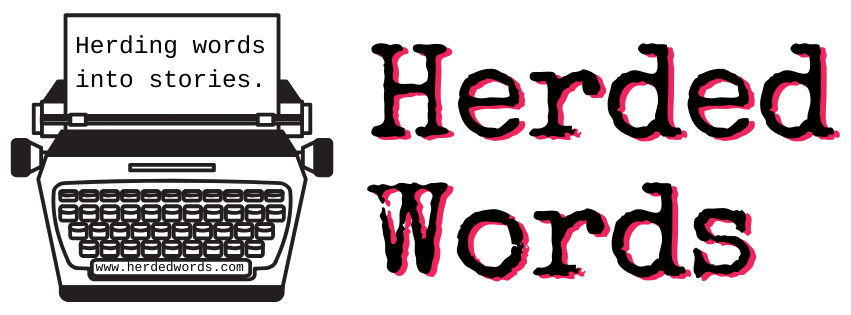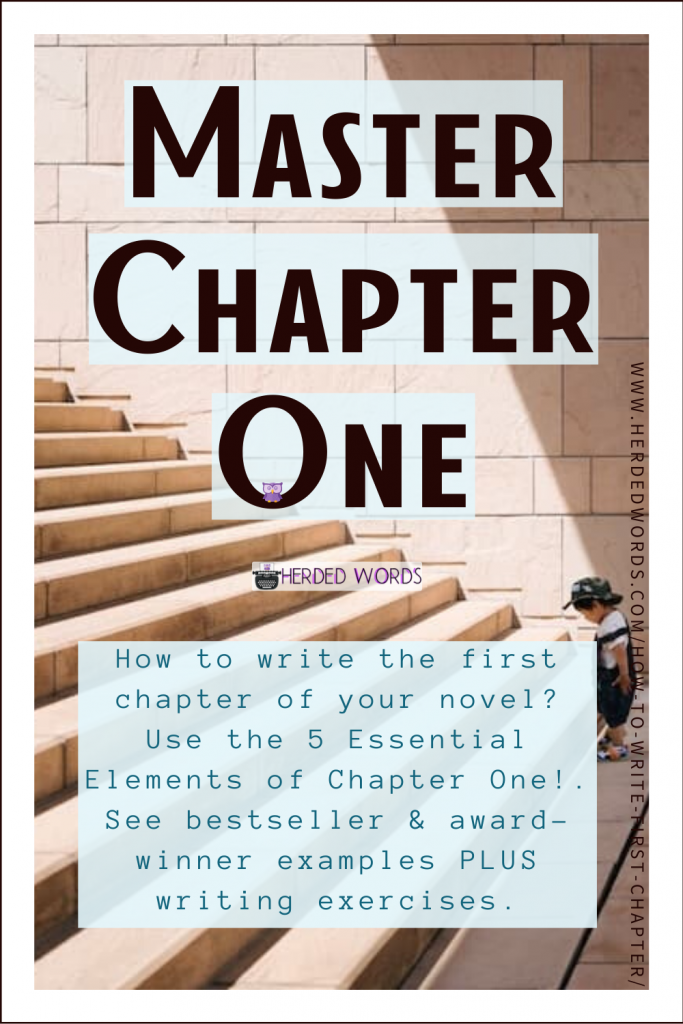
Listen to this post
Herdedwords.com uses affiliate links. This means we receive a commission on the sale of certain items. This is at NO additional cost to you. Visit the policies page to learn more.
Most people don’t know shit about grammar. There, I said it. This probably includes you.
I like to think I know slightly more than the average person. But that teeny little bit doesn’t mean anything.
Yes, there are people out there who will criticize your grammar. But they are an extreme minority.
Why am I telling you this? Two reasons. One, so you’ll relax about it while writing. Two, so you’ll hire a professional to deal with it during editing.
In all likelihood, you are not a grammar expert.
You may have seen other writing sites recommend the book THE ELEMENTS OF STYLE. I don’t. Reading about grammar? Ugh, talk about boring. Plus, most people are still going to make tons of errors.
What do I recommend?
- Learn a few grammar tips that will improve your writing style not just your grammar.
- A grammar app or website that will check the basics for you (I’ll talk more about my recommendations later).
- A professional editor once you’ve completed a couple of drafts.
Table of Contents
Grammar Tips
Not all grammar tips are easy to implement. I’ve focused on four grammar tips that will improve your writing style and are easy to understand and implement.
#1. Active & Passive Voice
A passive sentence uses the object as the subject.
An active sentence uses a person (or another object) as the subject.
There’s plenty of “advice” out there that will suggest avoiding the passive voice entirely. Don’t fall victim to that. While active voice is generally preferred, there are instances where passive is better (if the object is most important, to convey a passive character, etc).
Examples of Active & Passive Voice
Object: my bike
Subject: my brother
Verb: to steal
Active: My brother stole my bike.
Passive: My bike was stolen by my brother.
Special Note:
If I didn’t know who stole my bike, I could use either voice.
Passive: My bike was stolen.
Active: Someone stole my bike.
#2. Adverbs & Adjectives
Adverbs modify verbs (and other things). Adjectives modify nouns.
He ran to the store.
Ran is a verb and store is a noun.
He ran to the store quickly.
Quickly is an adverb, it’s modifying ran.
He ran to the busy store.
Busy is an adjective because it’s modifying store.
When using adverbs, make sure that they’re the best choice. Some advice suggests avoiding them entirely, but I think that’s ridiculous. They’re a valuable part of the English language.
However, adverbs can become wordy, busy, or unnecessary. The best tip for using fewer adverbs is to choose stronger verbs.
Examples of stronger verbs:
#1) He went to the store quickly.
There are a lot of verbs we can use to replace “went quickly” including:
- He ran to the store.
- He jogged to the store.
- He hurried to the store.
- He sped to the store.
- He drove to the store.
- He rushed to the store.
#2) I secretly listened to my parents plan my birthday party.
Secretly listened? Sounds like it should be “I eavesdropped.”
#3. Specific Language
Unless there’s a good reason to be vague, you should be using specifics. You don’t always have to remove the vague parts, sometimes it might be appropriate to just add the specifics in.
Vague: He was the tallest man I’d ever know.
Specific: He was __ feet tall, perhaps the tallest man I’d ever know.
Why the specific is better: The number you use there will tell the reader a lot about the world. The world is different if the tallest man is 3 feet versus 9 feet.
Vague: It would be a long drive.
Specific: It would be a long drive, at least ___ hours.
Why the specific is better: Long is a very subjective term. Where I was raised (rural Canada), a long drive is going to be 8+ hours. For people from smaller countries, a long drive might only be 3 hours.
If you call it a long drive, you’re saying what the character thinks is long. But the reader doesn’t know what that means unless you give them the specifics.
#4. Consecutively or Concurrently
When you’re writing, make sure to be clear if things are happening consecutively (one after another) or concurrently (at the same time).
If you attack five people and are sentenced to 4-years in prison for each attack, is it consecutively or concurrently?
Consecutively: You’ll serve 4 years for the first attack, then 4 years for the second attack, etc. In total, you’ll serve 20 years.
Concurrently: You’ll serve 4 years total because you’re doing all the sentences at the same time.
Why is this important to fiction? When people read stories they assume it’s one thing happens, then another, and another, and so on. Readers make the assumption that things happen consecutively.
However, authors don’t present all the information that way. Sometimes, stories go back in time (flashbacks, backstory, etc). But often stories have elements happening at the same time. This is especially true if there are multiple point of view characters or an omniscient narrator.
Authors need to be clear about when actions are occurring compared to the other actions the reader has read about.

Grammar Software
There’s a decent selection of grammar software that you could be using. I’m only going to talk about 2 (both with adequate free version) because they’re what I use.
Grammarly Review
Grammarly has a free version and a premium version. I’ve never used the premium version (mostly because I consider it too expensive).
The free version of Grammarly checks grammar, spelling, and punctuation. It can be used in your browser and MS word.
It’s much more advanced than a regular spellchecker and will often pick up on homophones (words that sound alike with different spellings).
Grammarly encrypts your documents so they can’t see the contents (or anyone else in the event they get hacked).
The premium version adds a lot of features that sound great: advanced style suggestions (word usage, sentence structure), tone & formality checker, wordiness & vocabulary filter, plagiarism checker, and style checker.
Grammarly Premium is a monthly subscription service. The current (2019) pricing options are:
- $29.95 / month
- $59.95 / quarter (which is equal to $19.98 / month)
- $129.95 annually (which is equal to $11.66 / month)
I use the free version, which is great. When I want something more in-depth, instead of paying for Grammarly Premium I turn to the Hemingway App.
Hemingway App Review
Hemingway isn’t really for spelling and punctuation. It’s more about content and style.
Hemingway gives you a readability score, adverb usage, passive voice, and the complexity of your sentences.
The Hemingway App is free online, or they have a paid download ($19.99 one-time fee).
Other Grammar Apps?
There are other grammar apps and programs out there, but I’ve never used any. I’m completely satisfied with the free versions of Grammarly and Hemingway.
Occasionally I consider purchasing the Hemingway App so that I can use it offline, but so far I haven’t.

Hiring an Editor
There are different types of editors. We’re going to cover copyeditors today because those are the editors that will handle spelling, grammar, and punctuation. This is not line editing of your novel for things related to content and style!
Hiring a basic copyeditor will cost $25 to $50 per hour (depending on topic and location). Most copyeditors will cover 5 to 10 pages an hour. Line editing for content and style will cost you about $40 to $80 per hour and editors will cover 1 to 6 pages an hour.
When should you hire an editor? How to hire an editor? Where to find editors? Should you hire an editor? Answers to these questions (and more) can be found in the following excellent resources:
- When is the Right Time to Hire a Book Editor? By The Write Life
- Hiring an Editor for Your Book: What You Need to Know by Tough Nickel
- When You Shouldn’t Hire and Pay For a Professional Editor by Jane Friedman
Grammar is Important

Grammar is important but it’s less important than actually writing.
Grammar can be fixed – by learning some grammar rules, using grammar apps/software, or by hiring an editor.
Don’t let grammar stress keep you from writing.
It might be time to start writing your novel! Check out How to Master Chapter One next.
Like this post? Please PIN IT and follow me on social media. Thanks!








